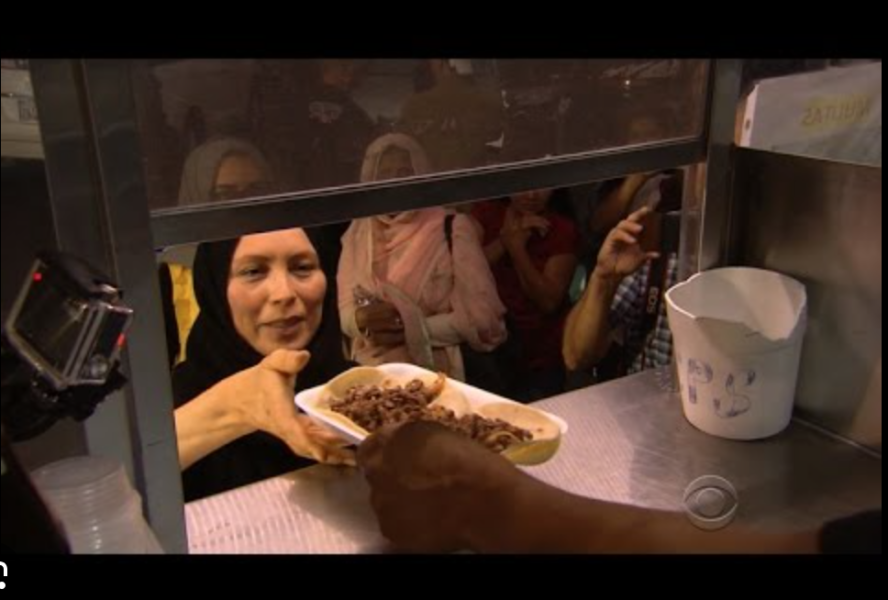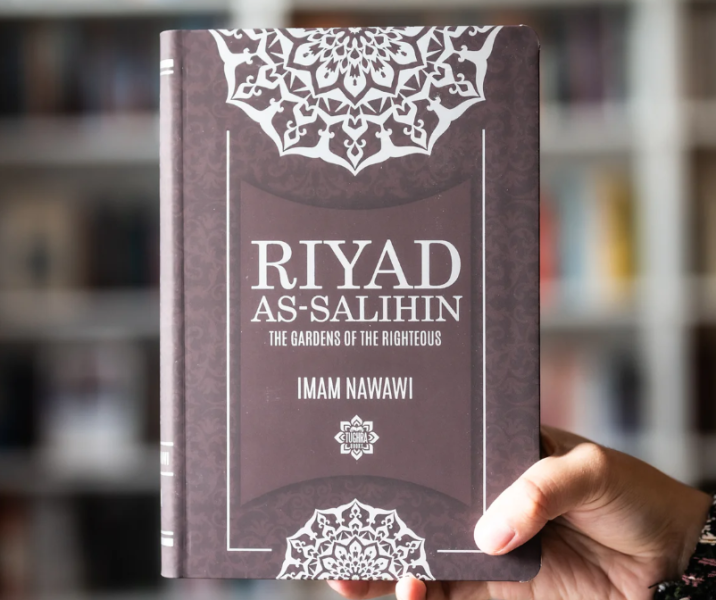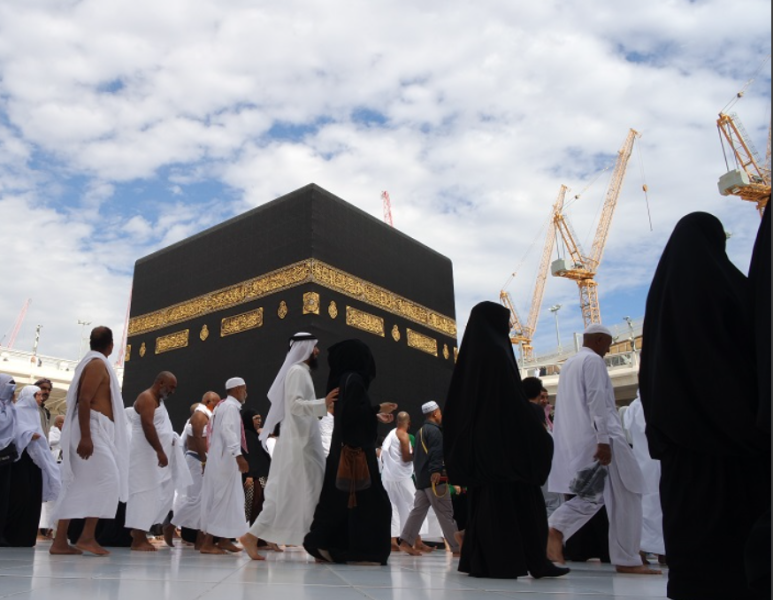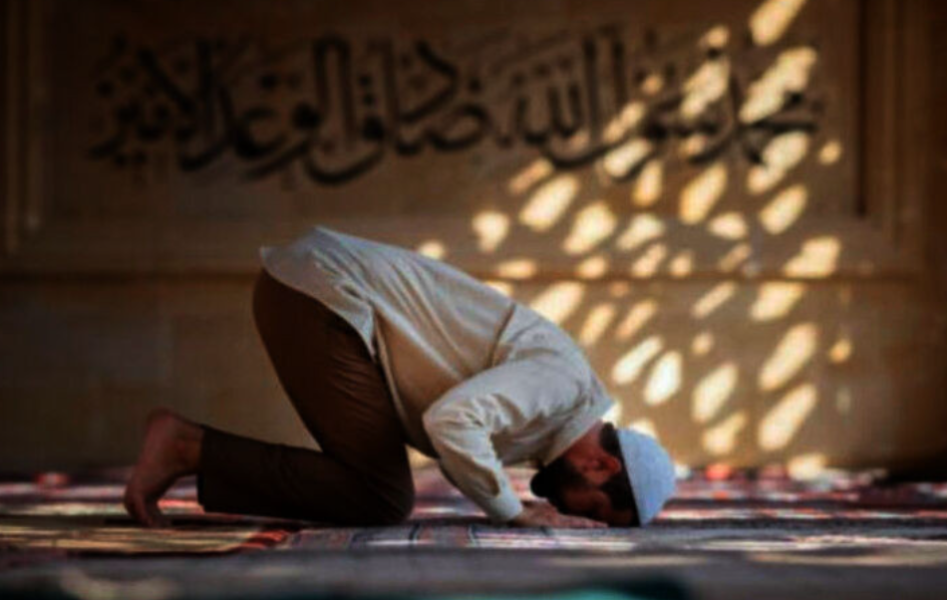Economic justice is a vital aspect of social justice in Islam, ensuring fair distribution of wealth and resources among all members of society.
Wealth as a Trust
In Islam, wealth is considered a trust from Allah. The Prophet Muhammad (صلى الله عليه وسلم) said: "كلكم راعٍ وكلكم مسؤول عن رعيته."
(“Every one of you is a shepherd, and each of you is responsible for his flock.”)
(Sahih Bukhari)
This emphasizes the responsibility of individuals to manage wealth justly.
Zakat: A Pillar of Economic Justice
The obligation of Zakat (charity) is a key mechanism for redistributing wealth. The Prophet said: "إن في المال حقاً سوى الزكاة."
(“There is a right for the poor in the wealth of the rich.”)
(Sunan Ibn Majah)
This demonstrates the necessity of supporting those in need.
Prohibition of Exploitation
Islam strictly prohibits exploitative practices, such as usury (Riba). The Prophet warned: "لعن الله آكل الربا ومؤكله."
(“Allah has cursed the one who consumes usury and the one who pays it.”)
(Sahih Muslim)
This underscores the commitment to fair economic practices.
Conclusion
Economic justice in Islam fosters equitable distribution of wealth and resources, ensuring that the needs of all individuals are met. These principles are crucial for creating a just and compassionate society.










